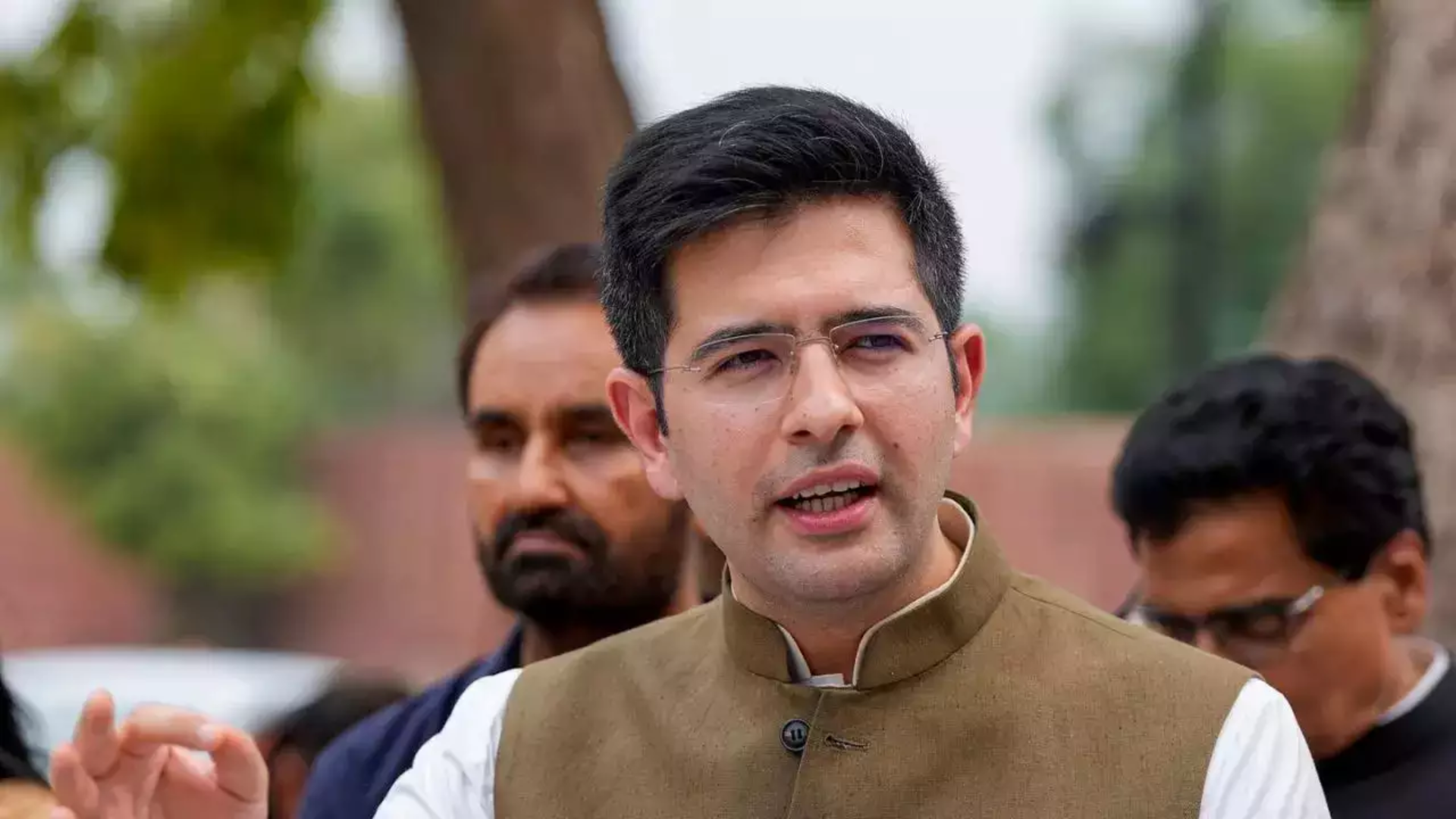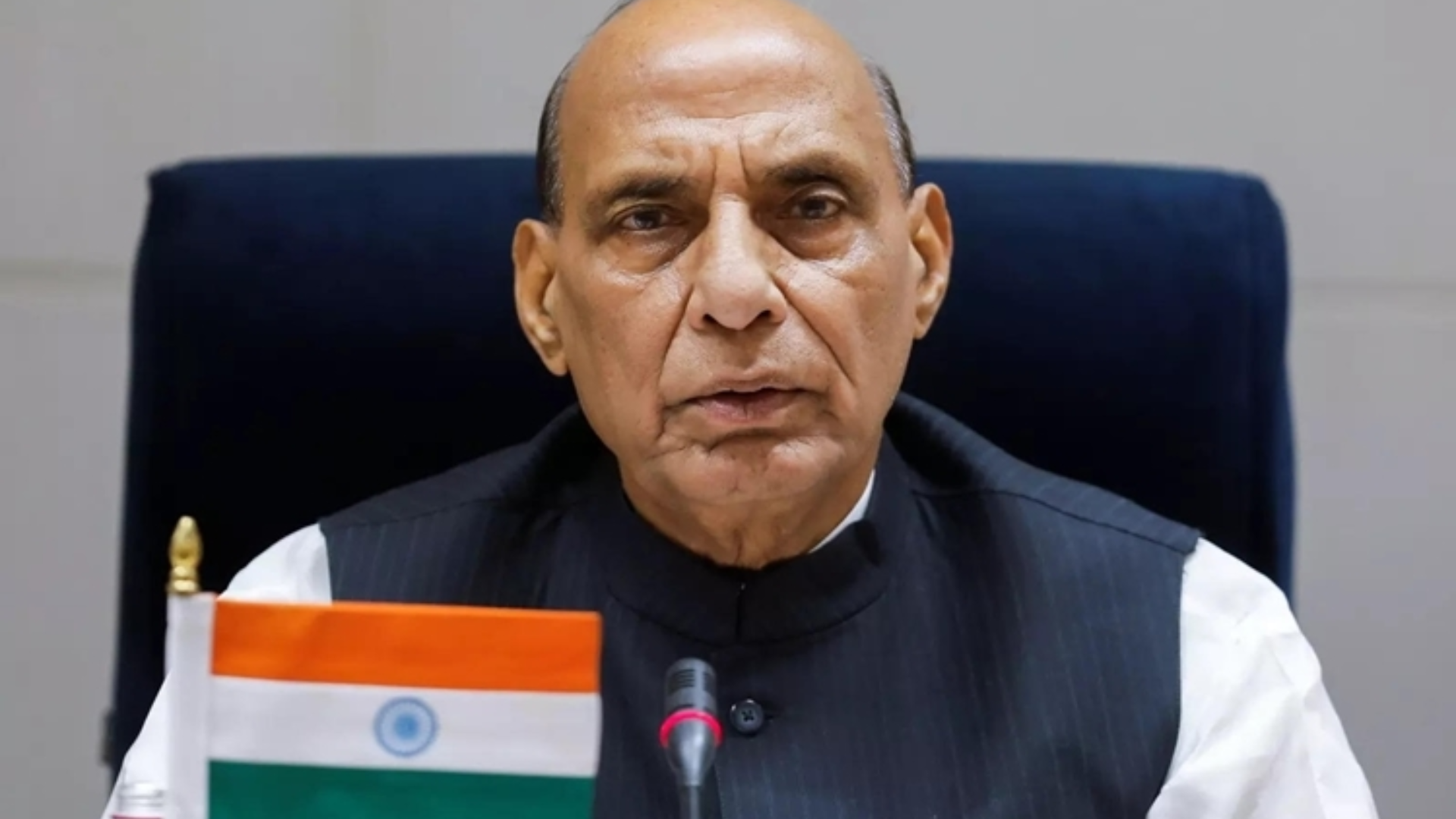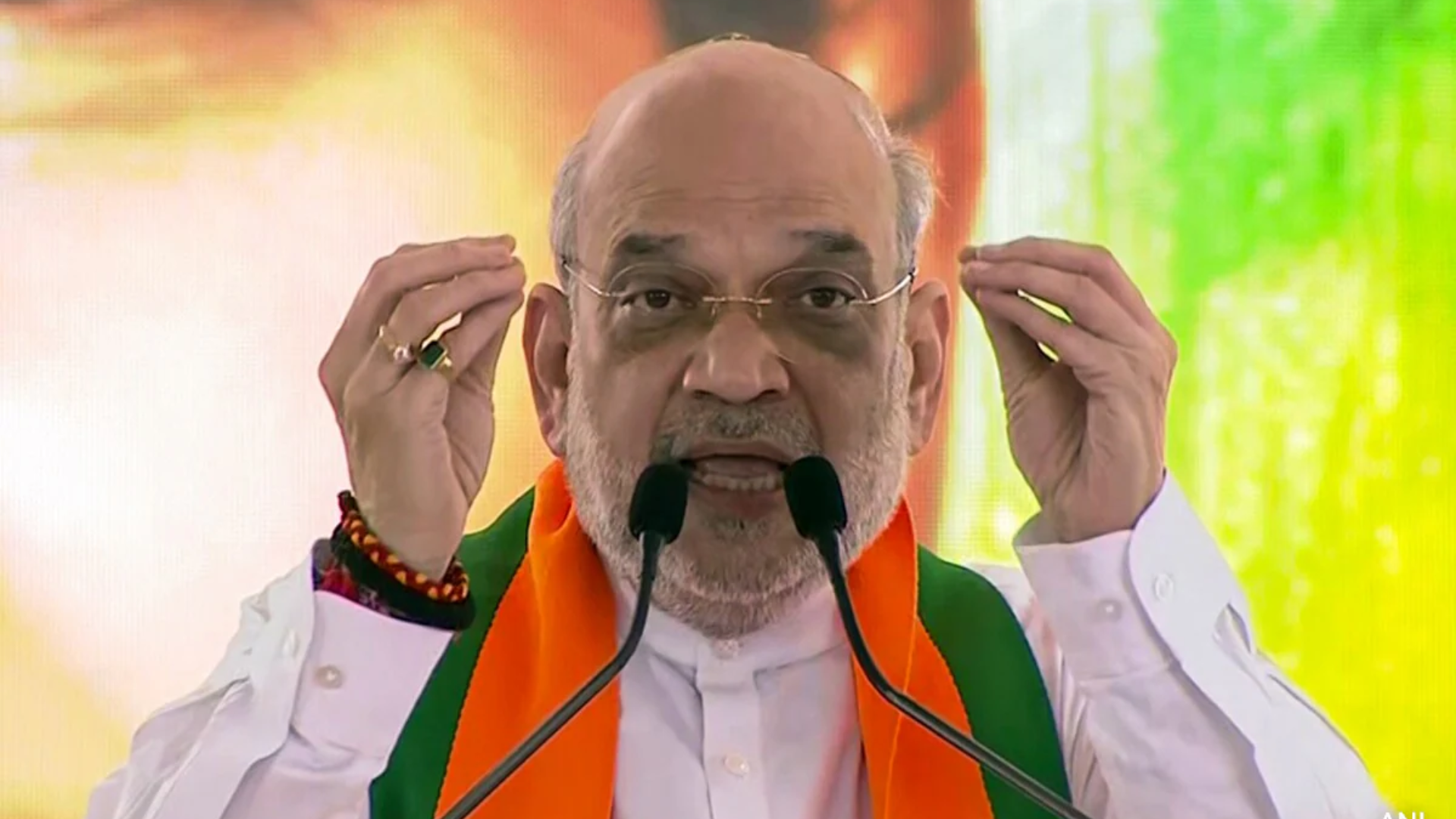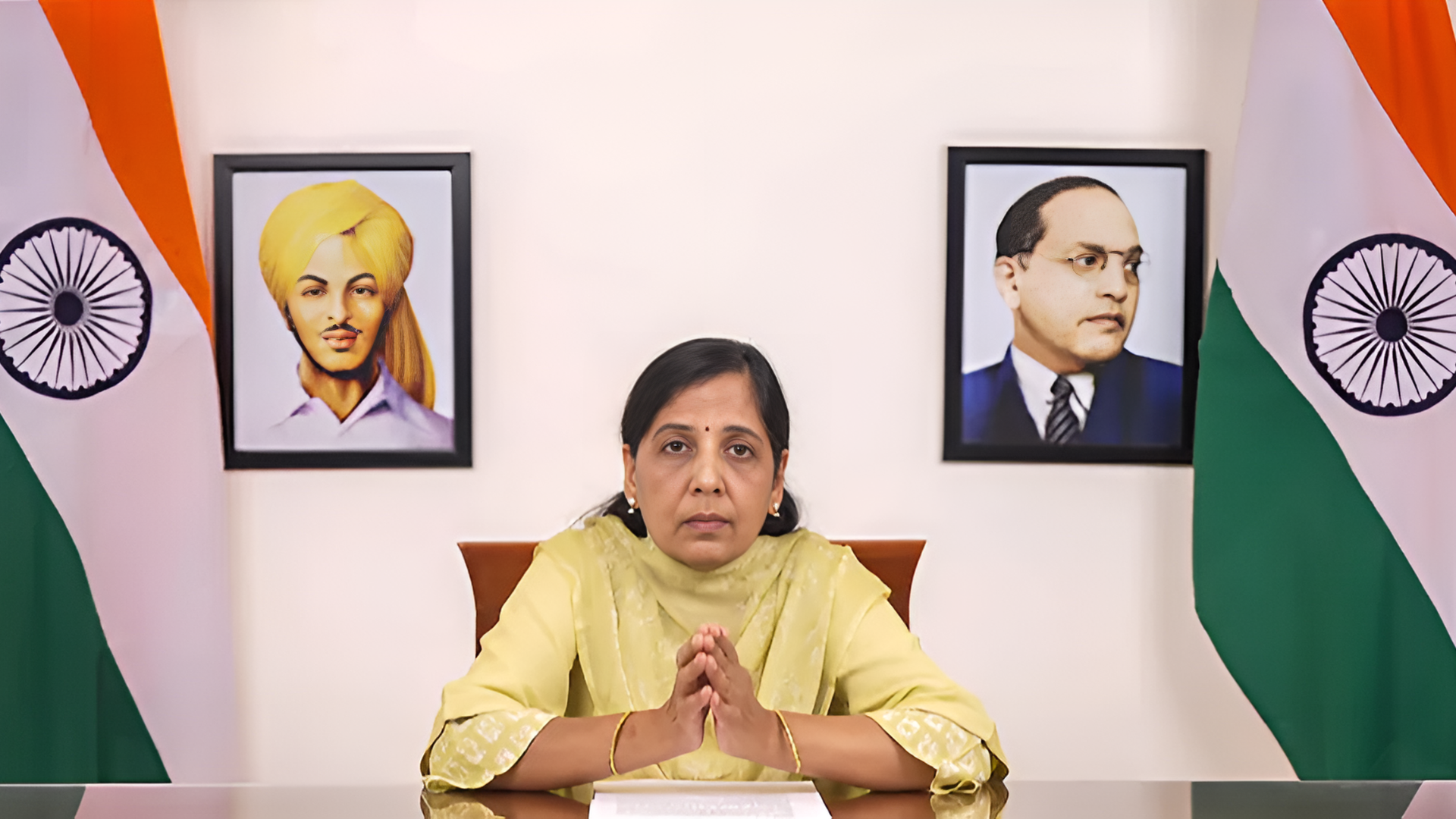




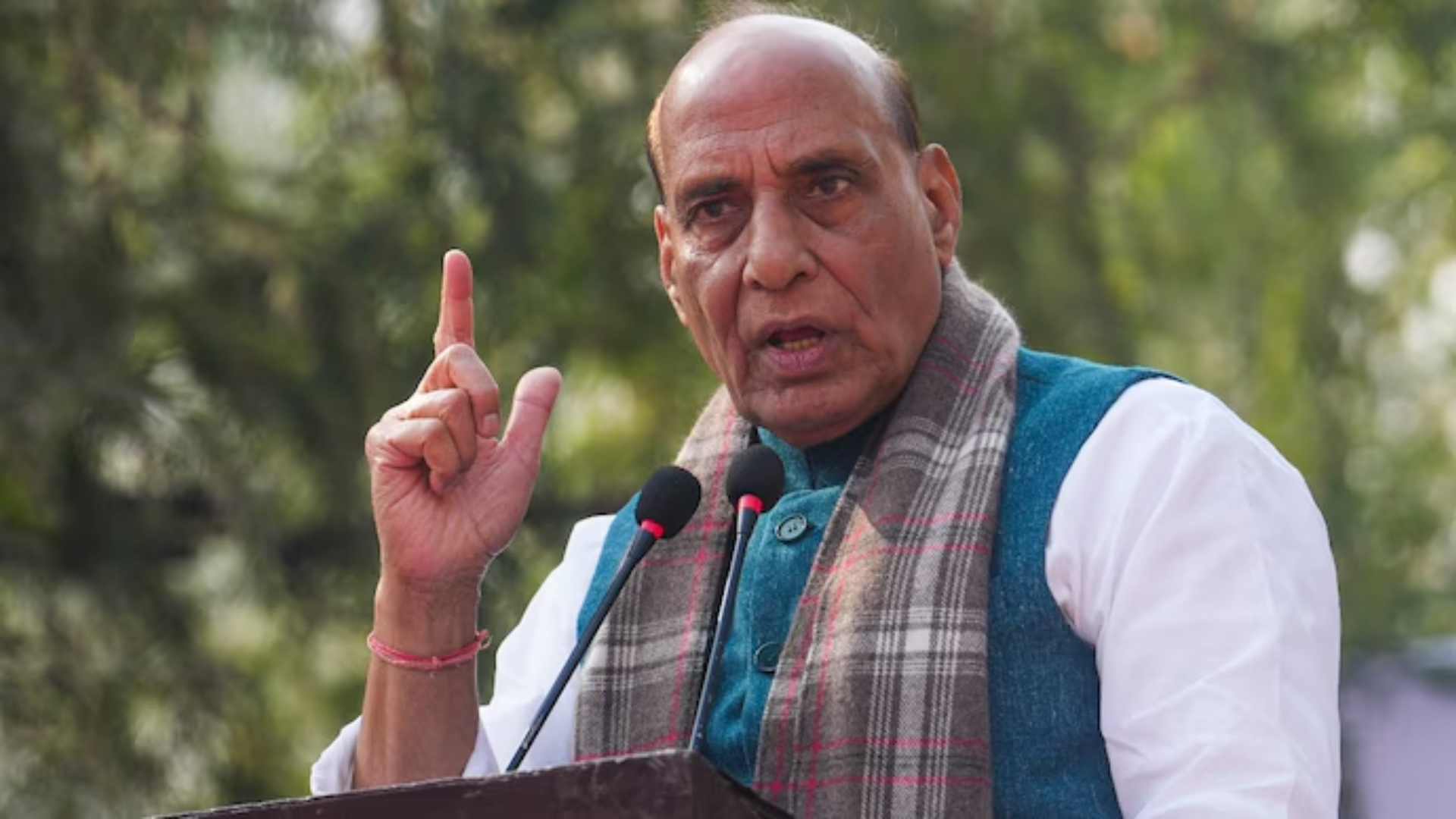

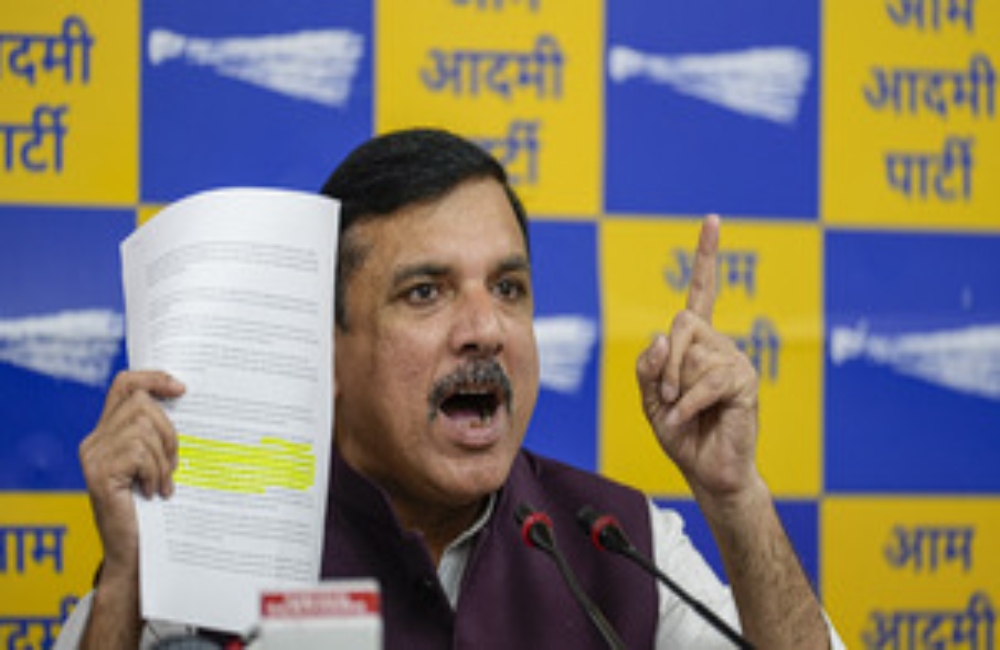

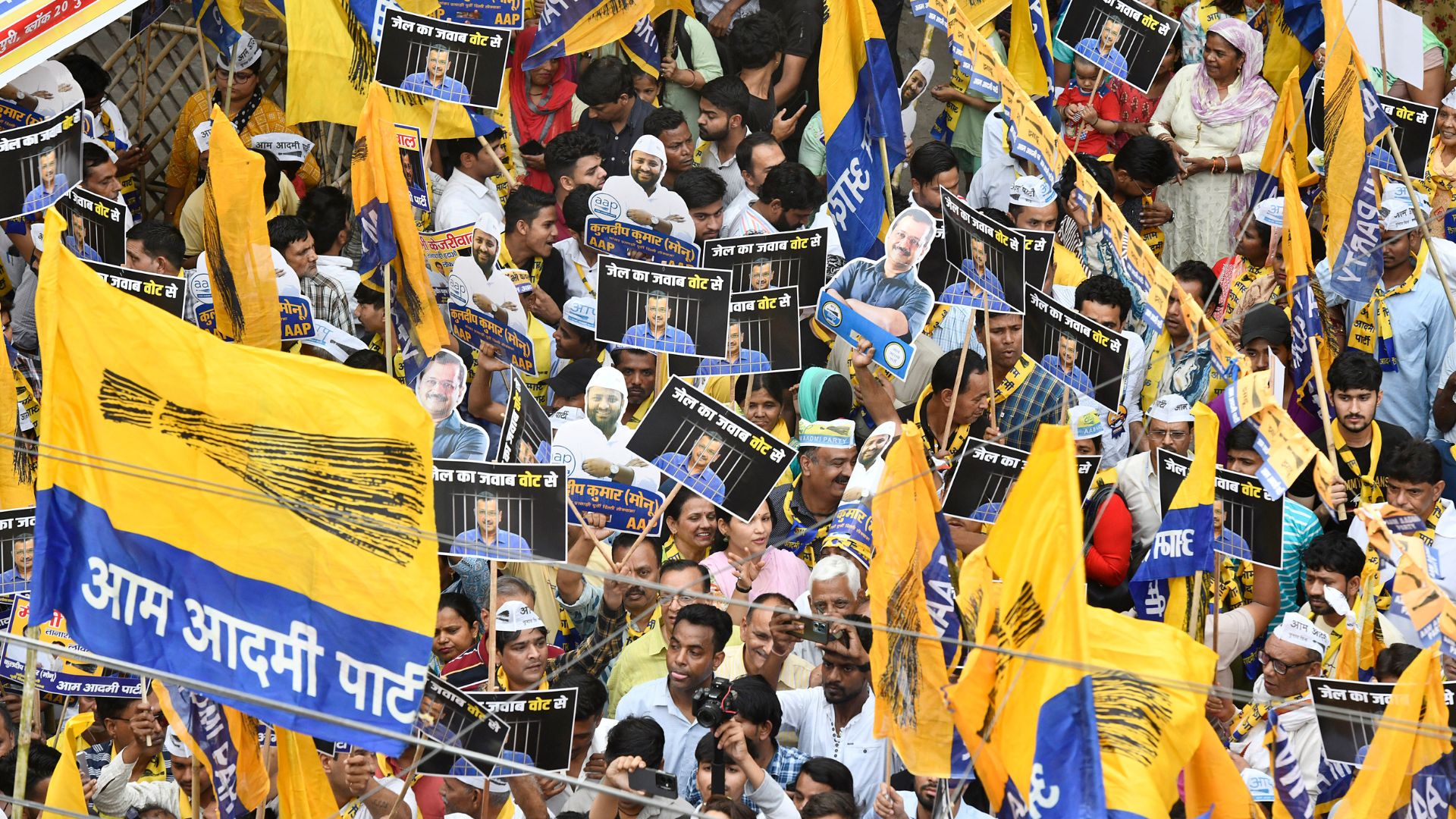

The Reserve Bank of India (RBI) has introduced new draft guidelines that are aimed at strengthening regulations that govern the payment aggregators (PAs), marking a significant move towards improving the payment ecosystem in the country. These guidelines also encompass the oversight of physical point-of-sale activities conducted by payment aggregators.
The RBI highlighted the rapid growth of digital transactions and the pivotal role played by payment aggregators in this landscape as the driving force behind the proposed updates to the current regulations. The draft guidelines aim to refine various aspects of payment aggregation, including Know Your Customer (KYC) norms, due diligence procedures for merchants, operations in Escrow accounts, and other measures intended to fortify the payment ecosystem.
Also read: Delhi Police Special Cell Busts Inter-State Drug Syndicate, Arrests Kingpin in Lucknow
In India’s payments ecosystem, payment aggregators facilitate both online transactions and face-to-face/proximity payment activities.
Addressing KYC and due diligence, the draft guidelines require payment aggregators to conduct comprehensive due diligence on merchants they onboard, in alignment with the Customer Due Diligence (CDD) norms specified in the Master Directions on Know Your Customer (MD-KYC), 2016.
The draft also mandates that payment aggregators ensure marketplaces they onboard do not engage in collecting and settling funds for services that are not offered through their platform. The RBI has invited comments on these guidelines, with the deadline set for May 31, 2024.
Also read: Rajnath Singh Urges Pakistan to Take Action Against Terrorism or Seek India’s Help
In the context of face-to-face/proximity payment transactions using cards, effective August 1, 2025, the draft specifies that entities in the card transaction/payment chain, other than card issuers and/or card networks, should refrain from storing Card-on-File (CoF) data. Furthermore, any previously stored CoF data must be purged.
Regarding non-bank entities providing payment aggregation services, the draft guidelines outline specific financial requirements. These entities are required to maintain a minimum net worth of ₹15 crore at the time when they are applying for RBI authorization and gradually improve this net worth to ₹25 crore by March 31, 2028.
These draft guidelines underscore the RBI’s commitment to fostering a robust and secure payment ecosystem in India, aligning regulatory frameworks with the evolving dynamics of digital transactions and payment technologies. Stakeholders and industry participants are encouraged to provide feedback on the proposed guidelines before the specified deadline.

